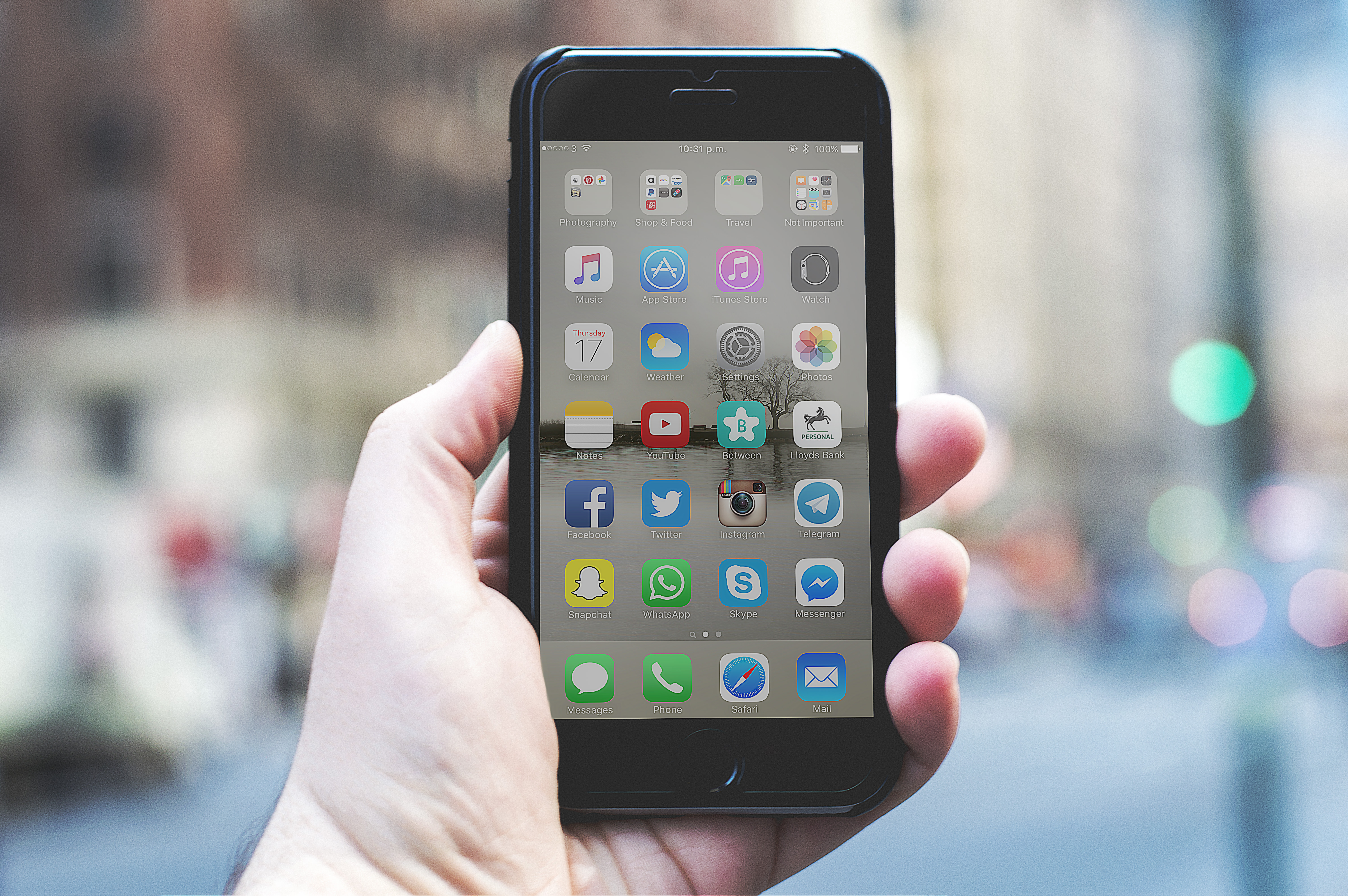 Did you know studies convey that 20% of the population, or 1 in every 5 adults suffer from some sort of mental health condition? Mental health has become a substantially concerning issue in America’s workplace, and therefore a top priority in employee wellness. Mental health conditions such as depression, anxiety, and bipolar disorder cause workers to perform less efficiently on a daily basis, which in turn creates negative effects on both the employees and employers.
Did you know studies convey that 20% of the population, or 1 in every 5 adults suffer from some sort of mental health condition? Mental health has become a substantially concerning issue in America’s workplace, and therefore a top priority in employee wellness. Mental health conditions such as depression, anxiety, and bipolar disorder cause workers to perform less efficiently on a daily basis, which in turn creates negative effects on both the employees and employers.
Unaddressed mental health problems can leave employees unhappy and less efficient at work, as well as having financial consequences for employers. Studies conducted show that mental health conditions left without treatment cost employers nationwide a total of $80- $100 billion per year. In addition, employers have a duty to ensure physical and mental safety for their workers. In the past, companies have typically encouraged employees to see therapists and potentially receive medication. These treatments can be very effective. According to a recent study by the Partnership for Workplace Mental Health, 86% of those employees that were treated saw improvements in their daily work.
However, these therapy and medication can also be very time consuming and costly. In order to achieve a more efficient and cost effective solution, companies have found creative outlets to provide daily treatment. Enter the mental health app. Human Resources in general is becoming a more app-friendly department. The IAB-commissioned Harris Poll shows mobile phone users spend 88% of their time in applications and appreciate having apps that streamline services on their phones. There are countless apps for companies to choose from, but Mobylize and MoodNotes are two of the most innovative options.
Mobylize
Mobilyze is an employee-focused mobile application that tracks location, movement, sleeping patterns, and phone calls. It then compiles the data to analyze the user’s different moods and sends them messages as well as giving feedback on their responses to try and improve their symptoms. The app is user-specific which helps generate results faster and more accurately, and offers a more convenient and cost-effective option for companies trying to improve their employees’ well-being.
MoodNotes
Other apps, like MoodNotes, provide a more interactive user experience. Like Mobilyze, the app tracks different patterns that may be associated with mental health problems, but also focuses on creating a personal relationship with the user. MoodNotes encourages the user to answer more challenging questions about how they feel and why they may be feeling that way. As a result, the user is forced to think about possible suppressed problems and the reasons behind them. The app’s goal is to act like a mental health coach or friend, and strives to get users back to their healthy, happy selves.
These are only two examples of popular mental health apps that companies are starting to use. The companies that choose to implement these types of apps are continuing to see positive results. The market for mental health apps is growing, providing employees with many options to address specific issues and allowing room to find the best fit. As businesses focus on more ways to implement technology, mobile apps may be a solution to lowering the costs of mental health care, as well as looking out for the well-being of employees and fostering a well-functioning, healthy business environment.
By Nicole Federico

 (804) 673-6676
(804) 673-6676


